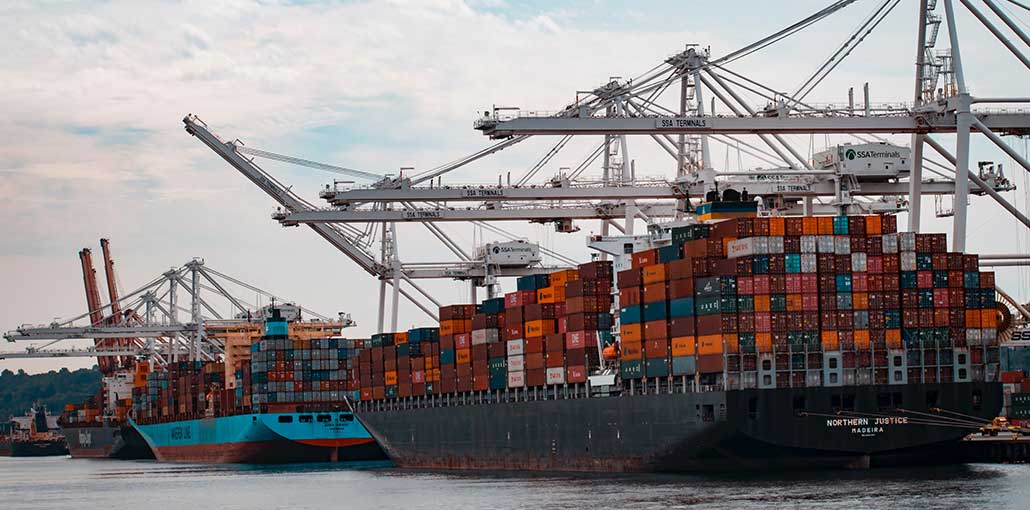Exporting is not just for big businesses. Often, small businesses are discouraged from selling their products abroad due to the high shipping costs or fear of reduced demand. However, these factors have little impact. With patience, planning, and expertise, smaller businesses can succeed in highly competitive markets.
5 Ways to Successfully Export Your Products
Follow these five tips to successfully export your products if you want to take your company to the next step.
1. Research Your Market
Exporting your product successfully requires research. Now is the time for you to determine your target demographics, and who your competitors are. You should also look at import and consumption statistics to determine the success of your business in a new market.
Also read: Top 10 Market Research Tools
2. Create An Export Plan
How are you going to enter a new marketplace? When creating your export plan, it is best to consider the following questions:
- Can you hire team members to help keep your business going?
- Are you able to accommodate the demands of a new market? You need to rent a bigger space.
- Do you need to upgrade your packaging? Are there any labels that are legally required?
- What else do you need to know about these markets Are you required to be certified?
3. Select a Marketing Route
There are four marketing options:
- Create a joint venture
- Third-party logistics
- Direct Selling
- You can use a sales agent
It’s important to consider all options and decide which is best for you, both financially and in terms of time. It’s also a good time to set up policies and procedures that will help you manage your sales presence in these new markets.
Also read: What is Supply Chain Efficiency And How to Improve?
4. Set Aside Your Resources
To succeed, you’ll need to invest more time, resources, money, and information. You may not have the same experience as large companies. It’s important to understand the exporting process, new requirements, and internal procedures when entering a big market.
It’s a good way to see how your competitors operate and find out what works for them. You can then change your marketing methods to make yourself stand out.
5. Trusted Partner
It is best to have a partner who has experience exporting products across the country. Your partner should guide you through all the steps of labeling, billing, packaging, and any other requirements for your shipments. Your partner should be familiar with any city or state laws that may apply to your market so that you don’t get into trouble later.
Are you ready to see your business grow? We are an international forwarding company. DTS offers freight services to meet your needs. We strive to make sure that our customers are happy and that their truckloads reach their destinations on time. From expedited shipping to large-volume shipments, we have it all. Call us now for all of your logistics and transportation needs.










Leave a comment